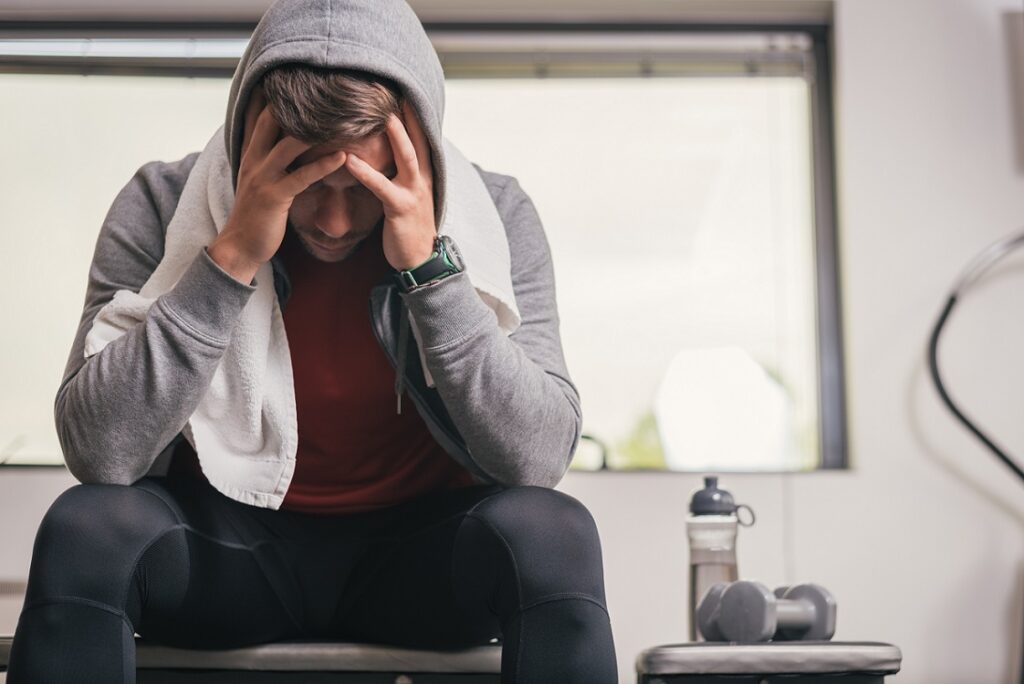Unexpected, but not a surprise: Anticipating stressors in competition

An athlete’s ability to cope with stress is crucial for performing well in competition. Many stressors can arise for athletes, including training demands, pressure to do well, conceding points, and discomfort. Most of the stress that athletes experience during competition stems from unexpected stressors. In fact, research shows that between 69% and 92% of stressors experienced by…
Psychological safety in sport
Psychological safety is believing that you won’t be punished or humiliated for speaking up about ideas, questions concerns or mistakes. Psychologically safe sport environments pave the way for greater teamwork, improved resilience, enhanced athlete satisfaction and an ability to reduce athletes’ burnout.
Volunteer happiness
Volunteers are essential to the delivery of sport in Canada. They are also more likely to be happy people. Compared to people who do not volunteer in sport, research shows that sport volunteers have higher levels of mental wellbeing, including increased happiness and life satisfaction.
Parents in Sport Week
Parents in Sport Week (October 4th to 10th) is an opportunity to celebrate the parents and guardians that support youth sport participation. Parents invest significant amounts of time and money in their kids’ sport participation. But while parents of adolescent athletes report more time pressure and life stress than non-sport parents, they also report less…
Active transportation
Walking or biking to school is an easy way for kids to get active, but active transportation to school has been declining as car use becomes more prevalent. A recent Canadian study found that strategies to get more kids walking or biking to school, such as the presence of crossing guards or cycling infrastructure, are…
Moms on the move
For new moms, physical activity and social support have the potential to positively impact mental and physical health. In fact, new research shows that group exercise programs for postpartum moms may offer unique opportunities to (re)engage with exercise while navigating new childrearing responsibilities and changes to the body. If you gave birth less than 12…
Referees’ mental health
Referees and sports officials, in both professional and amateur sports, experience high levels of abuse. Researchers in Europe have found that a culture of abuse towards referees is a principal reason for referee discontinuation and that this harms all levels of sport, highlighting the importance of mental health support for officials.
Supporting athletes after the Games
After participating at an international competition or major games event such as the Paralympics, athletes may experience the “post-Games blues.” Research shows that support structures that include educational programs and resources are important to help Paralympic athletes transition to life post-Games.
Mental health at the Games
“We’ve never been so focused on mental health and wellness at the Games.” In the SIRCuit, Stephanie Dixon, the Canadian Paralympic Committee’s Tokyo 2020 Chef de Mission, shares insight on the mental health strategies designed to support Canada’s Olympic teams in Tokyo and Beijing, including the debut of a designated Mental Health Lead.
Supporting athlete transitions out of sport
Transitioning out of sport after standing on an Olympic or Paralympic podium, or after provincial/territorial competition, can be difficult. Tips to support athlete mental health through this transition include: Detrain your body and mind to adjust to the different but challenging demands of life after sport. Find purpose in the day to day by exploring…